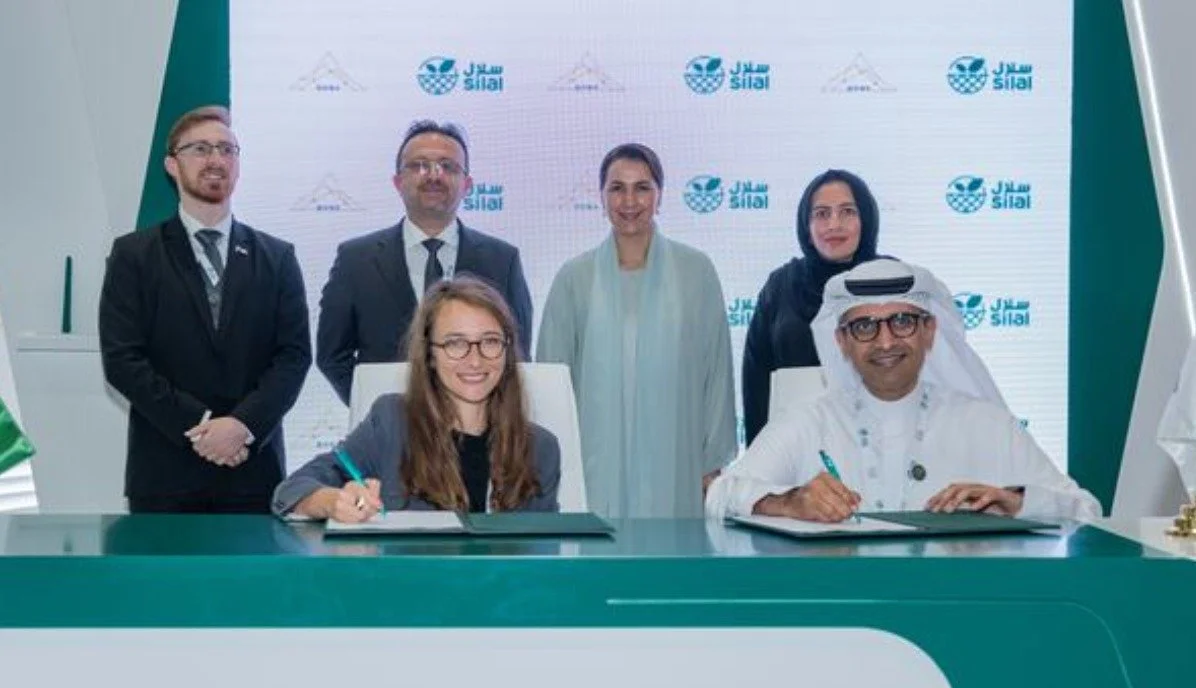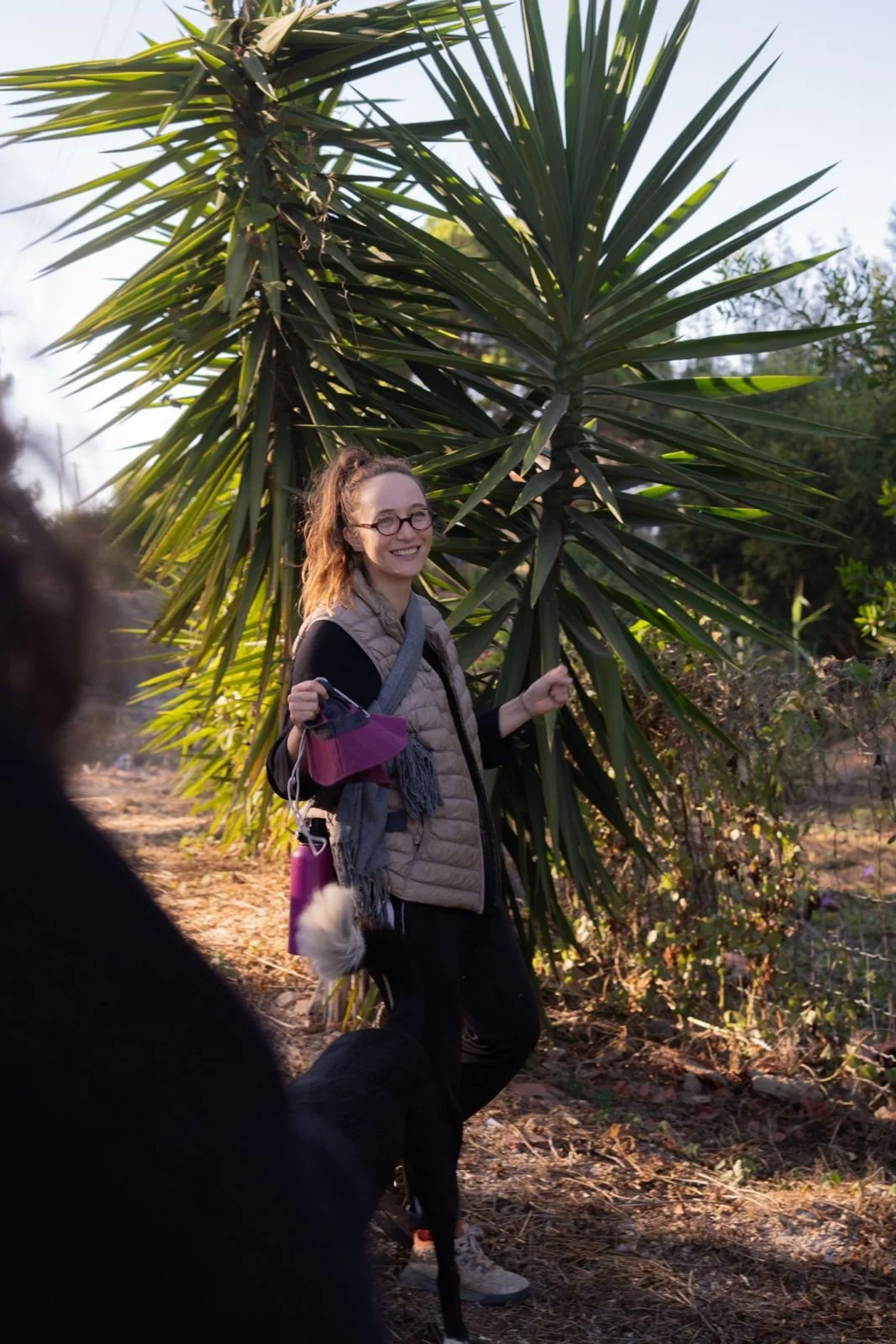Just another human being..
My career began in academia and journalism, where I examined movements of reform in the Gulf countries, especially as they pertain to environmental innovation in the face of petroleum’s increasing irrelevance. During those years, my work engaged with critical thought as a foundational necessity in the UAE, Oman, and Saudi Arabia during this time of transition. I explored different social, cultural, and environmental movements within national attempts to transition from petroleum-based rentier states into knowledge-based economies rooted in innovation and creativity. The question that fascinated me then: What experiences and thought patterns lead people to change their lives and societies in drastic, and collectively beneficial ways?
My research ultimately led to further engagement in the GCC as a consultant for companies, organizations, and academic institutions looking to participate in these morphing economies. I worked in diverse contexts, advising on capital allocation for regional investment opportunities, facilitating environmental research collaboration partnerships, organizing of horizontal cooperative models for regional activist communities, and catalyzing summits for exploration of new ideas and connections. The question that led me through those years: What are the organization and partnership models that foster effective collaboration and cross pollination of groundbreaking ideas?
I went on to co-found DANA Global in Abu Dhabi, a venture studio and investment platform for women-led startups in the agritech and climatech sectors. We quickly curated an impressive portfolio of founders and patents, building four experimental farms to act as beta sites across the region, and partnering with large government organizations and investment authorities to incubate solutions for immediate challenges for local food systems. The question that occupied my mind during the years of leading DANA Global: What technological solutions not only disrupt markets, but restructure behavior patterns and collective consciousness in the direction of sustainable systemic reform?
After transitioning out of my role as Chief Operations Officer, I was curious to learn more about the sides of agritech that seemed particularly revolutionary. So I took time to dive deep into the world of nature-based solutions, returning to study in traditional and unconventional settings, focusing on regenerative practices of terraformation (engineering landscapes to retain water and recharge aquifers), building the soil microbiome, biology-based approaches to building exponential resilience over time, and other practices rooted in pre-modern indigenous stewardship and permaculture. Today, I work as an agricultural designer, consultant, coach, and agro ecologist, taking part in transformation of our societies and communities toward regenerative ways of being. The question that now fascinates me: How do we act correctly, quickly, effectively, and collectively to transform our social and economic systems so that humans can thrive on this planet as a keystone species?
At this point, it is obvious to me that the answers to many of the questions that have led me throughout my life and career, lie in deep reconnection with the ecology we have come to perceive as separate from ourselves. Although my entanglement with agriculture and ecology has been ongoing - growing up engaged curiously with my mother’s farm, funding my academic years by selling organic vegetables cultivated in my desert market garden, and working closely with farmers and crop systems to select and foster the right innovative solutions - there will always be vast amounts of wisdom still left to gain. I hope to maintain the right balance of humility and chutzpa to bring what I have to offer, while allowing space for guidance and collective wisdom to lead the way.




